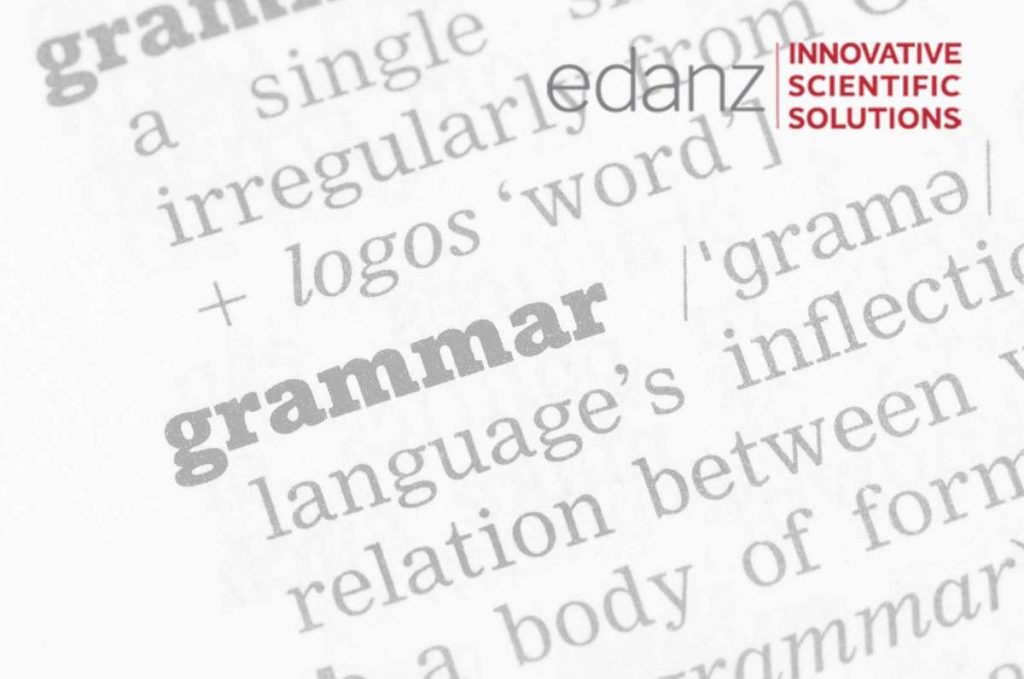“Since”, “because”, “as”… all pretty much the same, right? Well, since you asked, how about a quick quiz?
Which of the following is/are correct in scientific writing?
- The scores were not averaged since we found many outliers.
- The students said they did not study since they sat the final examination.
- The teachers last taught in 2000 and did not teach since then.
- The teachers said they taught since 30 years.
All four sentences can be improved. “Since” is a subordinating conjunction that may be about a cause/reason or a time in the past. In (1), “since” really means for the reason that and not from the time that, so the sentence would be clearer with a comma and then “because”: “The scores were not averaged, because we found many outliers.” (Outliers are extreme values that skew the data distribution.)
Sentence (2) is ambiguous. If “since” means from the time that, the verb “study” should be in the past perfect tense to show that the studying had stopped at a past timepoint: “The students said they had not studied since they sat the final examination.” However, if “since” means because, the last clause should be in the past perfect tense to explain that the reason is a previous event, and the adverb “already” can be added too: “The students said they did not study, because they had already sat the final examination.” Here, “did not study” implies that not studying is a new habit (equivalent to “were not studying”).
Note that the revised sentences in (1) and (2) have a comma before the word “because” to tell the reader the reason for not doing an action. Without a comma, the meaning changes: you are explaining why you did the action, but negating one possibility and the reader expects the real reason to follow (“The scores were not averaged because we found many outliers; they were averaged because…”).
In (3), “since” is a preposition that means from a specific past time. Here, it requires the past perfect tense: “The teachers last taught in 2000 and had not taught since then.” “Since” is also an adverb that can mean from a specific past time until now, so an alternative is “The teachers last taught in 2000 and had not taught since.” However, the sentence could be made more concise with the preposition placed before the specific timepoint: “The teachers had not taught since 2000.”
In (4), there is no timepoint, but a duration or period; hence, the correct preposition is “for” and the past perfect tense is needed: “The teachers said they had taught for 30 years.”
Quick Tip
Which of these alternatives is correct?
The researchers conducted interviews to (1) elicit / (2) illicit what supermarket shoppers thought of the new consumption tax.
“Elicit” is the correct verb, meaning to draw out or obtain; it begins with the same initial letter as that of the synonyms extract and evoke. The similar-sounding word “illicit” is an adjective meaning unlawful, and it has same first three letters as those of the synonym illegal.
Grammar and punctuation are among the top reasons for being rejected by a journal. To ensure the language in your manuscript is publication-ready you should have a native-English-speaking expert in your field edit for grammar, clarity, and accuracy of scientific expression.




